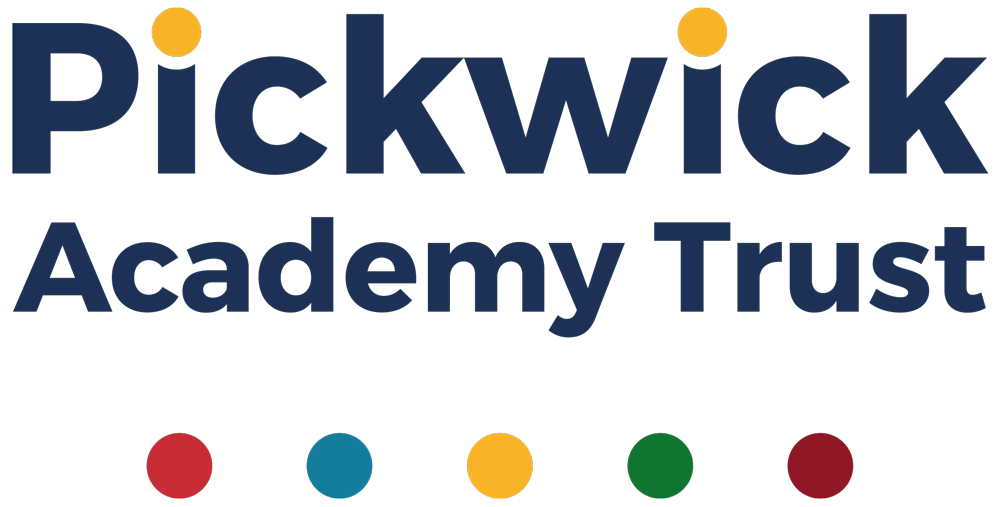English
ENGLISH AIMS AND EXPERIENCES
English aims and experiences
At Ivy Lane we offer a rich and enjoyable experience across the English curriculum with all pupils receiving high quality teaching of phonics, reading, writing, grammar and spelling.
Our aim is to build and develop skills in English by:
- Endorsing a shared love and understanding of English, especially a culture of story-telling and reading for pleasure;
- Teaching an engaging skills based curriculum in Reading - equipping pupils with the skills they need to understand a text;
- Establishing and growing our pupils’ vocabulary in written and spoken form;
- Enabling our pupils to write clearly, accurately and coherently;
- Developing an understanding of grammar that underpins our use of language;
- Explicit teaching of spelling conventions;
- Teaching handwriting in order to develop legible, neat and well-presented work.
-
Key Experiences
We aim to provide our pupils with the following key experiences:
- The opportunity to share in quality speaking and listening experiences on a regular basis.
- Access to a range of reference, fiction, poetry and non-fiction materials within the school and the opportunity to take home books of their own choice from Chippenham Library, the school’s own library and the class reading area.
- The opportunity to engage in guided, shared and individual reading and writing activities.
- The opportunity to experience theatre at least once during Key Stage 1 and Key Stage 2.
- Frequent opportunities to listen to stories, learn stories and take part in story making.
- Regular opportunities to engage in extended writing.
- The opportunity to write books, plays and poetry for other audiences at least once during KS1 and KS2.
- The opportunity to take part in a performance for a wider audience, including assemblies and productions.
- The opportunity to participate in book/author/storytelling events.
reading and phonics
Reading and Phonics
At Ivy Lane we aim to enable pupils to read easily, fluently and with understanding. Our pupils are encouraged to develop the habit of reading widely and often both for pleasure and to find information. We achieve this as follows:
- Whole class, daily, systematic teaching of synthetic phonics begins as soon as pupils enter the Early Years Foundation Stage and continues throughout Key Stage 1. At Ivy Lane we follow ‘Unlocking Letters and Sounds’ (ULS), a DfE validated phonics programme.
- ULS resources continue to be available for children who need ongoing support to develop their phonics skills in lower KS2.
- Children at the beginning of their reading journey use decodable reading books that are matched to their current phonic knowledge.
- As children become efficient decoders of text, they progress through our varied, banded reading scheme and further reading skills such as prediction, comprehension and inference are explicitly taught.
- Our pupils have frequent opportunities to develop their reading skills through the use of high quality whole class texts as well as daily opportunities to hear stories read aloud to them.
- We have excellent links with Chippenham Library and use this as a resource through regular class visits. Children and parents are encouraged to use the library to support reading at home.
- Our own school library opened in 2017 and is a key part of developing a love of reading and promoting and celebrating books and authors at Ivy Lane. Each class has weekly scheduled visits and all pupils are encouraged to use the online system to borrow a book of their choice. Created with funding from Chippenham Borough Lands and a kind donation from an Ivy Lane family in memory of their book-loving son, Leo, it is of central importance to ‘Ivy life’.
Designed and built with imagination by former employee Charlie Graham-May, our library is a space to escape into books. Pupils can relax in the nature area or share a story on a ‘rock’ in underwater world. We regularly feature different authors, promote new books and keep the library feeling fresh with displays of different types of books every few weeks. You never know what you will discover next in Ivy Lane School Library!
writing, spelling and grammar
At Ivy Lane we aim to enable our pupils to write clearly, accurately and coherently for a range of purposes and audiences and in different contexts. We have introduced ‘Talk for Writing’ to scaffold and drive this process across the school and to help pupils acquire and use a wide writing vocabulary and an understanding of grammar and spelling conventions. Our curriculum also ensures that pupils develop skills in planning, revising and evaluating their writing. We achieve this as follows:
- Providing opportunities for pupils to investigate different genres for their structure, use of vocabulary, grammar and specific text features.
- Constructing shared class models of writing, sharing writing in pairs and in guided groups and by writing independently.
- Linking writing experiences to high quality texts which are used as a model or a stimulus for pupils’ own writing.
- Explicitly teaching pupils how to plan, make notes and edit their writing.
- Building spelling skills by working systematically through our school Spelling Passports and using Spelling Shed (from Yr 2) to drive whole class teaching of spelling conventions.
- Maintaining a high expectation that handwriting is correctly formed and encouraging children to earn pencil licenses in Key Stage 1 and pen licenses in Key Stage 2. At Ivy Lane we follow the Nelson (non-cursive) handwriting scheme.
- Displaying and celebrating pupils’ writing in classrooms and around the school





